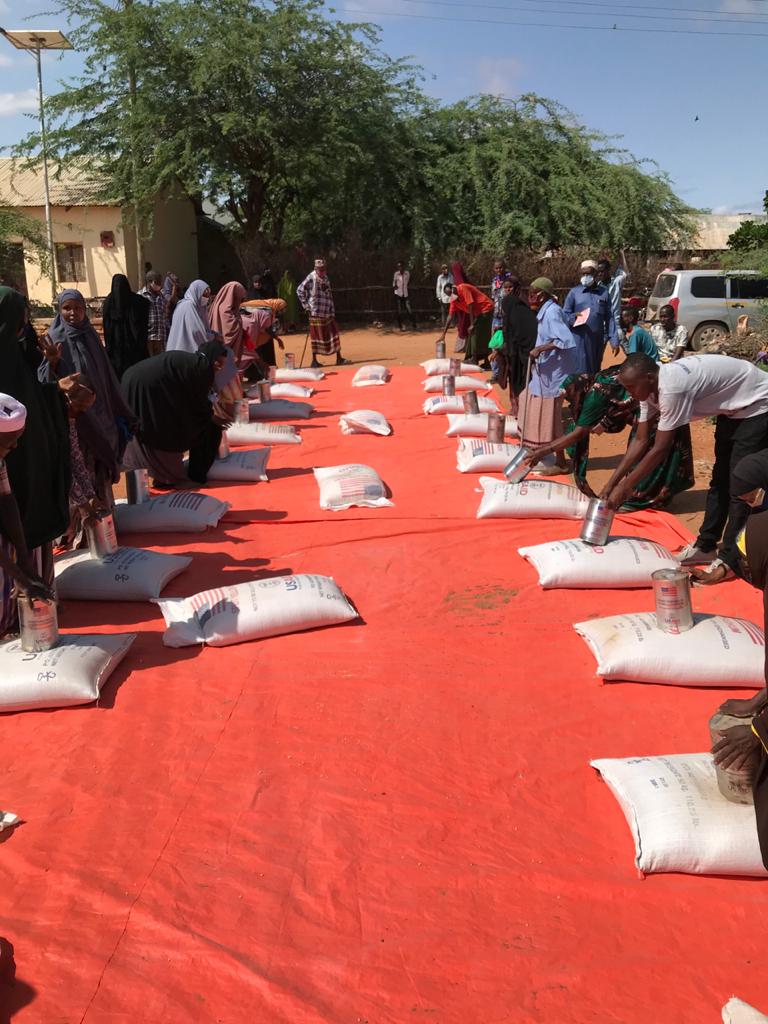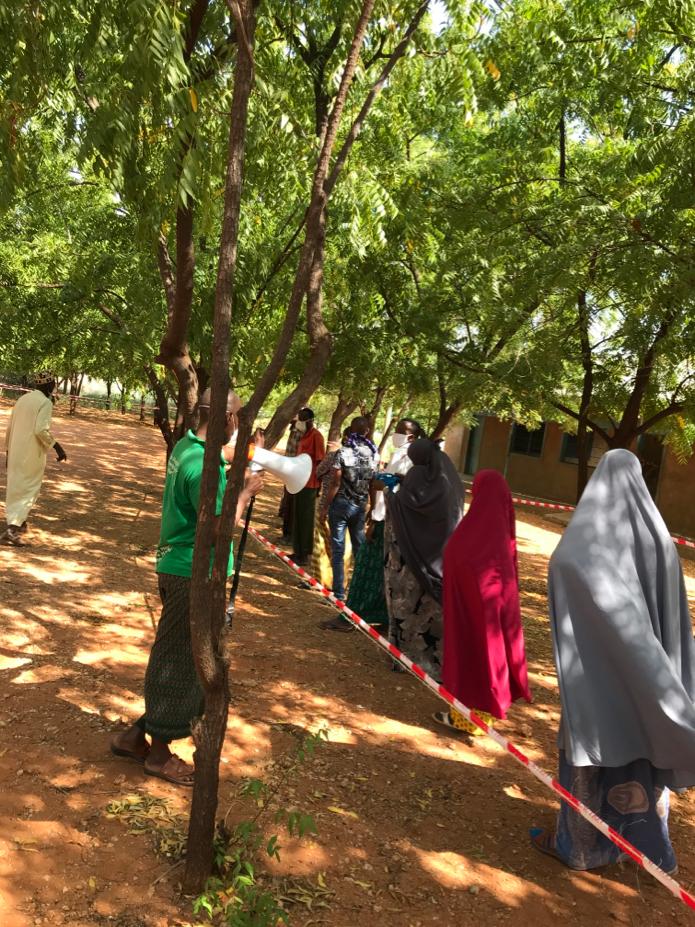Our programs
Our programs are focused on food production, Relief food distributions and access to water to pastoral communities in Mandera county
Water access and storage
Mandera county being a semi arid area, recurrent drought makes access to water for humans, agriculture, and livestock an ongoing challenge. Many communities rely on ground water accessed through boreholes or wells, as well as surface water supply structures, such as small dams and water pans. During drought, surface water supplies are not adequately replenished. When water is scarce, communities may utilize water unsafe for consumption, face purchasing water at inflated prices at a time when household income is already strained, or walk long distances to reach water, disrupting other critical activities
To address these challenges, Cocop is actively engaged in water access and storage programs such as:
- construction of water pans
- construction of underground water tanks
- construction of dams
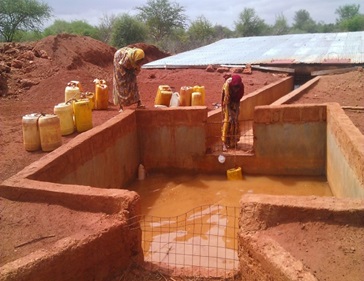
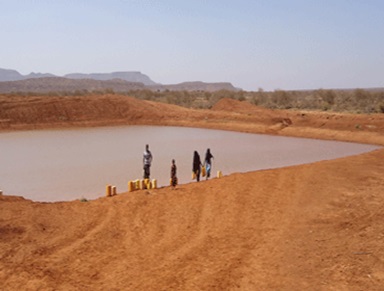
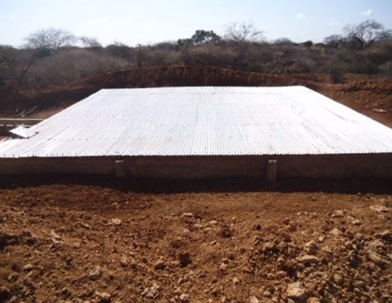
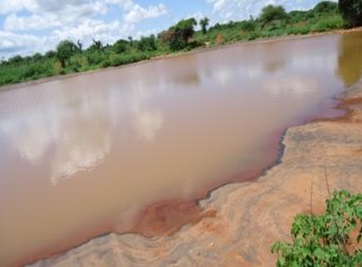
Irrigation and food production
The annual rainfall is relatively low and the rainwater utilization efficiency is low to play a key factor in food production in mandera county. Clearly, irrigation can and should play an important role in raising and stabilizing food production for humans and livestock. However large parts of the region have only limited freshwater resources. In other areas, potential resources are insufficiently known to permit reliable planning. Even where water resources are definitely known to be substantial, other conditions may not be conducive to irrigation development. Such conditions may include unfavorable topography and soils and inadequate infrastructure, as well as lack of , information and other services to farmers.
To address these challenges, Cocop is actively engaged in irrigation and food production programs such as:
- construction irrigation water canals
- construction of all weather roads
- construction of and management of irrigation schemes
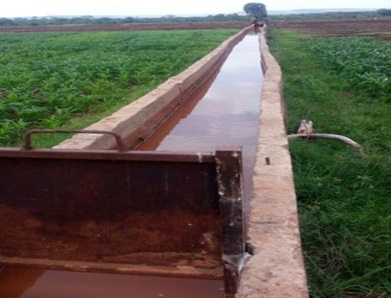
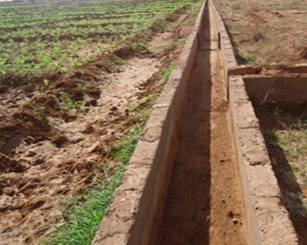
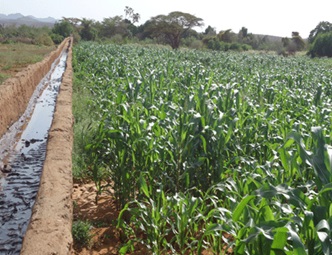
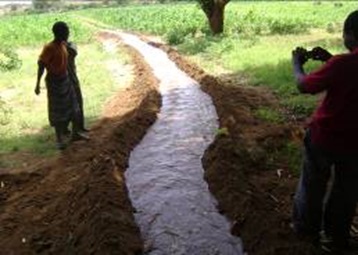
Flood mitigating and control
Extreme and frequent flash floods have occurred in parts of mandera county resulting in significant economic and property losses. Indeed, in most parts of the county, the unlikelihood of flood prospects inhibits preparedness for flood risk and remain largely disregarded by drought management works and impact on water resources.
Flood risk management is part of our organization's strategies for disasters risk reduction.
- construction of dykes and gabions
- Afforestation and tree planting
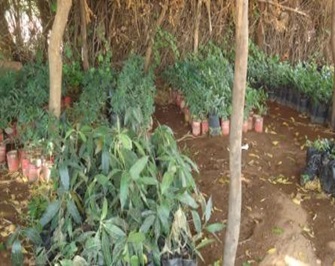
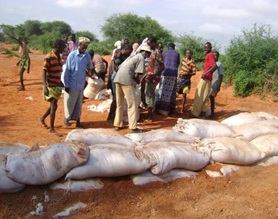
Relief food distribution
Mandera county is at high risk of severe drought. These severe impact is as a result of being a semi arid area, low development, high poverty and larger geographical area. Due to these factors, hunger, malnutrition and diseases in these area remain precarious.
COCOP has been supporting the national and county government in drought and floods emergency response, particularly distribution of NFIs as well as in-kind and cash transfers to crisis affected household. COCOP designed and implemented over 150 Food for Asset projects in the thematic areas of Agriculture, irrigation, environmental conservation and water development in Mandera County. At the Height of the 2006 drought COCOP was able to deliver and distribute food to over 240,000 beneficiaries on a monthly basis. In the latest PRRO 200736 (May 2015 to June 2018) WFP, through partnership with COCOP implemented Food for Asset projects in 87 sites as well as delivering and distributing food aid to 41,550 beneficiaries on a regular basis.
